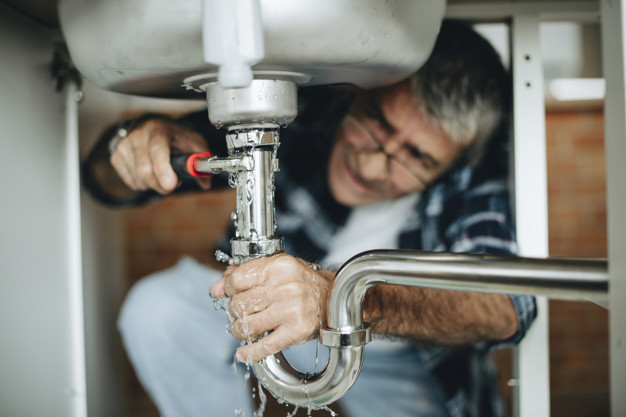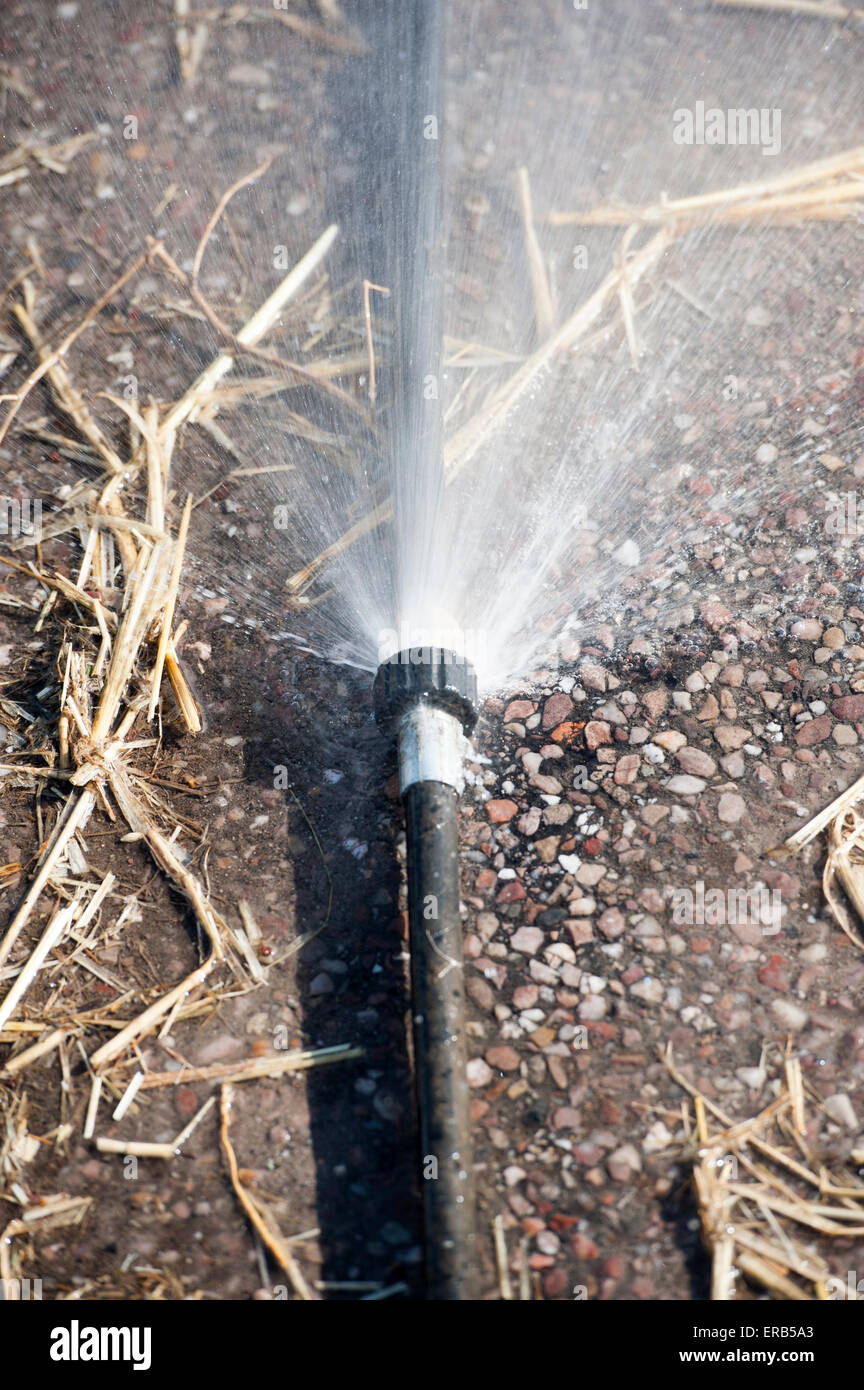This great article which follows on the subject of Where to Find Water Leaks is unquestionably compelling. Don't miss it.

"Be careful of little costs. A small leak will sink an excellent ship." - Benjamin Franklin.
He could not have actually been much more right because water leaks in our residences lead to a waste of sources, boosting our water costs. This increase could seem negligible at first, it can lead to substantial expenses that can damage your financial institution. Besides a rise in costs, water leaks also trigger unwanted organic development, architectural damages, as well as also electrical risks.
If you have a water leak isn't constantly very easy due to being not able to see many of the pipework in your home, figuring out. Nonetheless, If you have had a rise in your water bills recently, discovered water spots on ceilings and also wall surfaces, smelt lousy odor, and so on. You might want to consider asking for plumbing solutions to get it looked into.
There are numerous causes of water leaks, as well as we have assembled the typical factors listed below. Check to see if you have actually had related problems in your home just recently.
Clogged drains pipes
Food fragments, dirt, and grease can cause stopped up drains and obstruct the passage of water in and out of your sink. Raised pressure within the seamless gutters can cause an overflow and also end up splitting or bursting pipes if undealt with. To avoid blocked drains in your home, we recommend you to avoid pouring bits down the drain and routine cleansing of sinks.
High water stress
You discovered your residence water pressure is higher than normal but then, why should you care? It's out of your control.
It would be best if you cared because your ordinary water stress ought to be 60 Psi (per square inch) and although your house's plumbing system is developed to endure 80 Psi. A rise in water stress can put a strain on your home pipelines and also cause splits, or worse, burst pipelines. If you ever discover that your house water stress is greater than common, get in touch with an expert regarding managing it.
Deterioration
As your pipework grows older, it gets weaker and more susceptible to corrosion after the frequent passage of water via them, which can gnaw at pipes and trigger fractures. A noticeable indicator of rust in your home plumbing system is staining and also although this could be tough to discover as a result of a lot of pipelines hidden away. We encourage doing a constant checkup every few years and change pipes once they are old to make certain a sound plumbing system
Compromised pipe joints
Pipeline joints are the parts of our plumbing system where the pipes link. They are the weakest point of our plumbing system. Therefore, they are much more susceptible to damage. It is important to keep in mind that even though pipes are designed to hold up against stress as well as last for some time, they weren't made to last forever; consequently, they would weaken with time. This wear and tear could lead to fractures in plumbing systems. A common sign of harmed pipe joints is too much sound from faucets.
Damaged seals
One more reason for water leakages in homes is broken seals of house devices that make use of water, e.g., a dishwashing machine. When such devices are set up, seals are mounted around water connectors for easy flow of water through the maker. Hence, a damaged seal can create leak of water when being used.
With little or no understanding of plumbing, recognizing your house's plumbing system enough to deal with some of these problems (without repercussion) can be a problem. Contact plumbing experts in Pittsburgh, Providence, Rochester, and environ today, as well as they'll make those issues go away.
He couldn't have been much more right because water leakages in our homes result in a waste of sources, increasing our water costs. If you have had a rise in your water expenses recently, noticed water stains on walls and also ceilings, scented poor odor, and so on. A rise in water pressure can place a strain on your home pipelines as well as lead to fractures, or even worse, burst pipelines. Another reason of water leaks in homes is broken seals of house appliances that utilize water, e.g., a dishwashing machine. When such appliances are set up, seals are installed around water ports for easy flow of water with the machine.
5 TIPS IN DETECTING A WATER LEAK IN YOUR HOUSE
Water leaks can be hard to find in your home, yet they can be so common. We rely on water every day in our home, which is why a leak can cause big problems. By detecting them early, you can save money and further damage, getting the problem fixed as soon as possible. Here are 5 tips to help you detect a water leak in your home, so you can contact a plumber straight away and get the issue sorted.
Check your water meter
Many people underestimate the value of the water meter in their home. It can be one of the best ways to tell if you have a leak early on, so you can get on top of it before issues start arising. Start by turning off all the water in your home: taps, washing machine, dishwasher, etc. Now take a look at the meter – if it’s still changing with everything turned off, it’s likely you have a fast-flowing leak that you need to get on top of straight away. If nothing changes, then leave your meter for an hour or two and come back to it. Did it change in this time? It’s likely you have a slower leak, which isn’t as urgent but still handy to get fixed so it doesn’t become a bigger problem.
Keep an eye on your bill
Another good way to detect a leak in your home is by keeping an eye on your water bill. It helps if you have a past bill from the same period of time. You can compare like for like and determine whether your water usage has increased significantly. If it has, there may be a leak in your system that you haven’t picked up before. A professional plumber can check through all of your pipes and determine where it is coming from.
Look for damage
If you have a leak inside your home, you will notice damage over time. Take a look at your showers and bathtubs and note whether any of the tiles surrounding the area seem to be discoloured or damaged in any way. There may be water stains, mould or peeling material that has resulted from a build up of moisture over time. Make sure you take a look under sinks at the back of cupboards that don’t get accessed regularly. This is where damage can go unnoticed and build up over periods of time.

We are very curious about How to Find and Prevent Water Leaks in Your Home and I'm hoping you enjoyed the blog posting. Please take the opportunity to share this page if you liked it. Thanks a lot for your time. Visit us again soon.
Water trouble? Dial.
Comments on “5 Typical Water Leak Triggers”